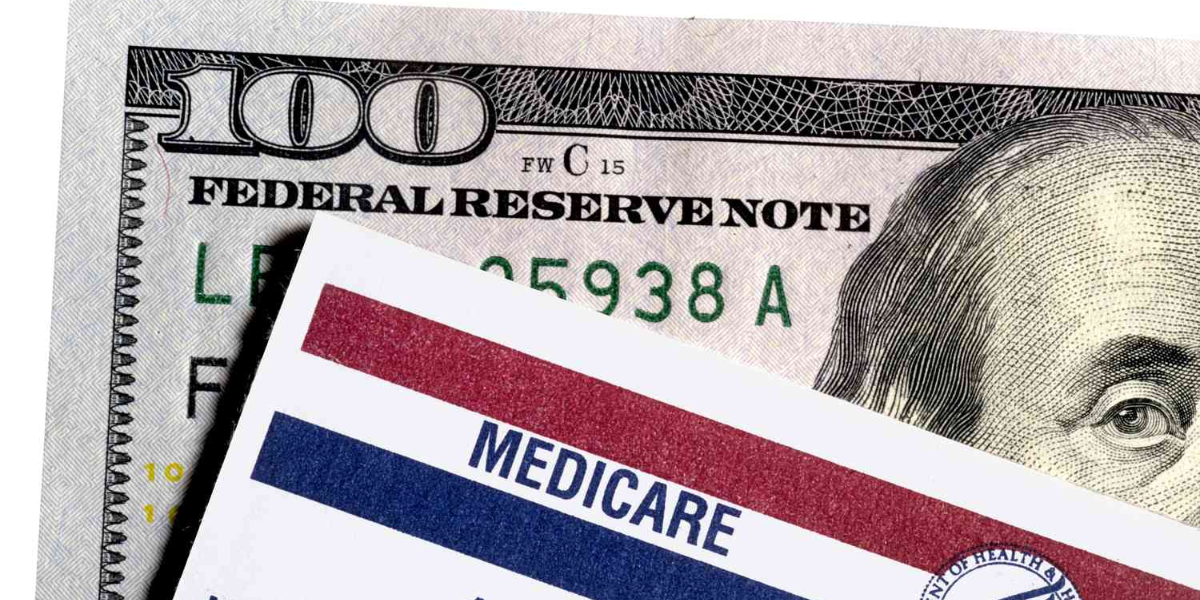Most of us think about Medicare only when we’re nearing retirement age. But the truth is, Medicare tax is something you’ve been paying for years—whether you know it or not. Understanding how it works can help you better manage your paycheck, plan your finances, and prepare for the future.
Here’s a straightforward breakdown of five key facts about Medicare tax that every worker—employee or self-employed—should know.
What Is Medicare Tax, Really?
Medicare tax is part of the payroll deductions that help fund Medicare Part A—the part of Medicare that covers hospital stays, nursing care, hospice, and some home health services. It’s collected alongside Social Security taxes through something called FICA (Federal Insurance Contributions Act).
Unlike Medicare Parts B and D, which you pay for with monthly premiums, Part A mostly depends on these payroll taxes. The tax applies to nearly everyone working in the U.S., including some non-citizens, supporting a vital safety net for older Americans and certain disabled individuals.
Who Pays Medicare Tax—and How Much?
If you’re an employee, you’re already paying Medicare tax. It’s 2.9% of your wages split evenly between you and your employer—1.45% each. And here’s something important: Medicare tax applies to every dollar you earn. Unlike Social Security taxes, which stop once you hit a wage limit, there’s no cap on Medicare taxes. So, if you make $200,000 or $2 million, Medicare tax applies on it all.
Extra Tax for Higher Earners
If you’re earning above a certain threshold, there’s an additional 0.9% Medicare tax you’ll owe on the amount above that. For individuals, that kicks in over $200,000 of income; for married couples filing jointly, it starts over $250,000.
Keep in mind, your employer won’t chip in on this extra tax—it’s all on you. Plus, there’s a related surtax called the Net Investment Income Tax, which adds a 3.8% tax on certain investments for high earners.
This means if you’re in that higher income bracket, it pays to plan ahead for these extra taxes.
What About the Self-Employed?
If you run your own business or work freelance, you’re responsible for the full Medicare tax yourself—2.9% on all your net earnings—plus Social Security taxes, totaling 15.3%. That’s because self-employed workers pay both the employee and employer portions.
Don’t worry, though: you can deduct half of this self-employment tax when you file your income taxes, which can help lighten the load.
And just like employees, if you earn over the thresholds mentioned earlier, you’ll owe that additional 0.9% Medicare surtax.
Medicare Part A Enrollment: What You Should Know
Most people automatically get enrolled in Medicare Part A when they turn 65—especially if they or their spouse have paid Medicare taxes for at least 10 years. This means hospital coverage begins without you having to do a thing.
However, other parts of Medicare, like Part B (which covers doctor visits and outpatient care), usually require you to sign up separately.
Knowing when and how to enroll can save you from missing out on benefits or facing unexpected costs later on.
Why Understanding Medicare Tax Matters
Whether you’re an employee, a freelancer, or approaching retirement, understanding Medicare tax helps you make smarter financial decisions. It’s not about memorizing every detail but about knowing enough to check your pay stubs, ask questions, and prepare for what’s ahead.
If you’re self-employed or nearing Medicare eligibility, consider talking to a tax advisor or financial planner who can guide you through the specifics.
Final Thoughts
Medicare tax is one of those things that quietly impacts almost every working American. It helps fund a critical part of our healthcare system, but it also affects how much you take home in your paycheck.
By staying informed and proactive, you can ensure you’re managing your money wisely—both now and for the years to come.
Start today by reviewing your recent pay stubs. Look for the Medicare tax deductions. If something doesn’t add up, don’t hesitate to reach out to your payroll department or tax professional.
Understanding this small slice of your paycheck today can make a big difference in your future.
“This article was written by Mathew Owen. AI tools were used lightly for grammar and formatting, but the ideas, words, and edits are all mine.”


 by
by 
